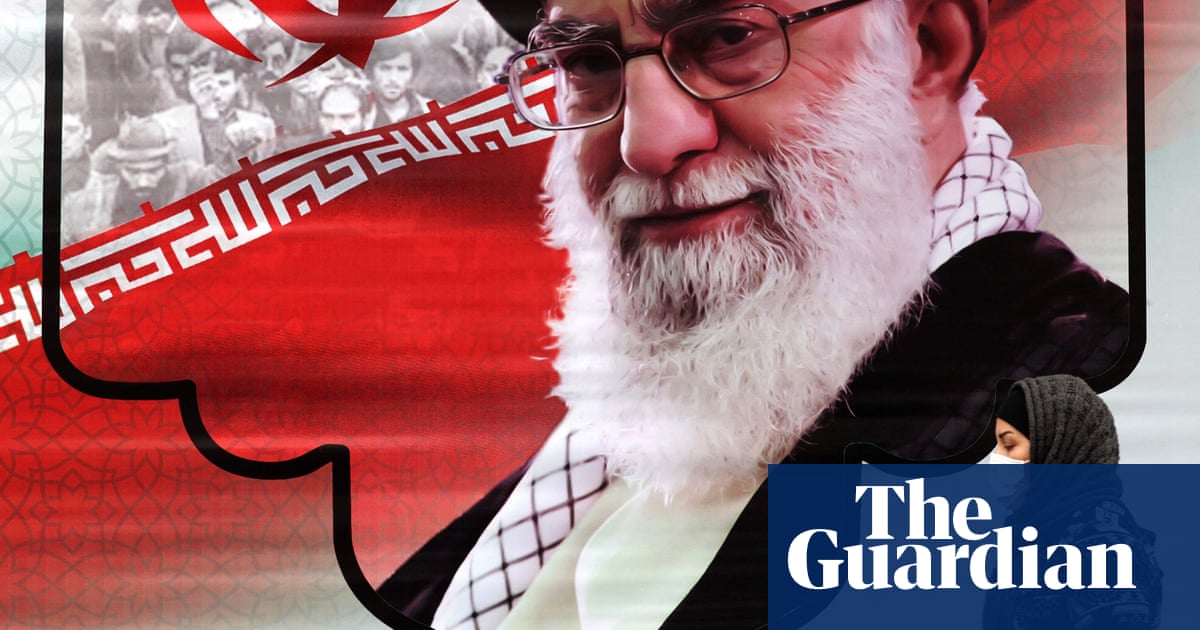BBC staff in London say their families are being “targeted and punished” by the Iranian regime as it intensifies a campaign of intimidation against journalists and media outlets.
There have been more than20 “threat-to-life” incidentsagainst people in the UK by Iran in recent years, according to the Metropolitan police counter-terrorism commander.
The officer, speaking to the parliamentary committee on transnational repression last month, saidthree men had been chargedunder the National Security Act over Tehran’s threats towards Iran International, a UK-based television station.
In March last year, an Iranian journalist wasstabbed outside his London homeand forced to move abroad, saying he no longer felt safe in the UK.
TheBBCsays there has been a “sharp and deeply troubling escalation” this year in the targeting of its journalists’ families in Iran, orchestrated by Tehran.
Staff with BBC Persian, the Farsi-language broadcasting subsidiary of the World Service, say they have been left paranoid and in tears about the fate of their parents and other family members in Iran, who have been dragged into long interrogations by Iranian officials and threatened with losing their jobs, being sent to prison and having family assets seized.
Behrang Tajdin, a BBC Persian journalist, said: “They are trying to make our families’ lives miserable. It’s not just harassment any more, it is punishment – and only for being related to someone.”
BBC staff have previouslyspoken out about the rape and death threatsthey have received, with one journalist saying she was warned: “It doesn’t matter that you don’t live in Iran – we can also do whatever we want in London.”
But the “relentless” targeting of family members, including parents, cousins, siblings and even in-laws – telling them they will be punished for being related to a BBC journalist – is a new escalation, say staff.
Tajdin said: “It’s psychological warfare. The scale and number of families targeted has gone up exponentially. They [the Iranian regime] have decided that everything they have done before [to force us to stop working for BBC Persian] has not worked so they are upping the pressure now.
“When we go to work, we have to try to forget that we have a family. We would not be able to continue working if they were in our minds because of the consequences for them,” he added.
Tajdin said it was the reach of the BBC Persian service, which has an audience of almost 22 million people a week, that made BBC journalists and their families a prime target.
Tim Davie, the BBC director general, said the persecution of family members was “clearly designed to exploit family ties as a means of coercion – pressuring our journalists to abandon their work or return to Iran under false pretences”.
He said the BBC was preparing to lodge a new complaint with the UN Human Rights Council.
